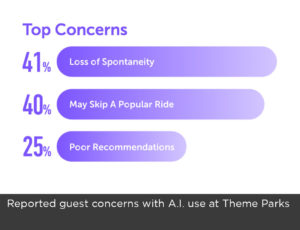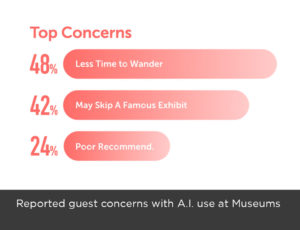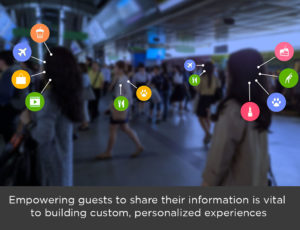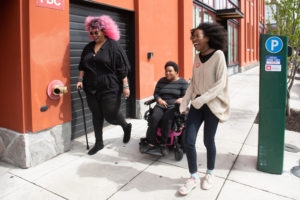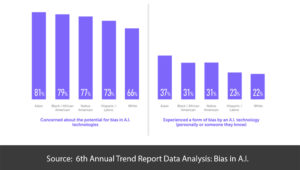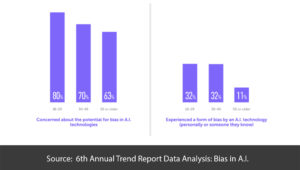Follow a forest light trail and discover illuminated moments from the Wizarding World this Autumn at Arley Hall.
We are thrilled to announce Thinkwell’s newest project with our partners at Warner Bros. Themed Entertainment, Unify, and Fever. Read on for the full launch announcement!
BURBANK, USA and MANCHESTER, UK (21 July, 2021): Warner Bros. Themed Entertainment in partnership with Thinkwell, have announced a breathtaking experience that will take Harry Potter fans of all ages down a light trail inspired by the iconic Forbidden Forest featuring creatures from the Harry Potter and Fantastic Beasts series.
Harry Potter: A Forbidden Forest Experience will make its debut in the beautiful woodland at Arley Hall, Cheshire, U.K.. As evening falls, mesmerising lights will transform the landscape into a magical outdoor trail for families to enjoy. As visitors make their way through the woodland, and follow the illuminated path, they will discover wonderful surprises, some of their most favourite moments from the Forbidden Forest, and encounter mystical creatures such as Hippogriffs, centaurs, unicorns, Nifflers – and many more.
Harry Potter: A Forbidden Forest Experience is suitable for the whole family to enjoy and provides a huge amount for fans of all ages to see and do, giving them the opportunity to experience the magic of the wizarding world in a brand-new way. From discovering the wondrous and beautiful forest come to life, enjoying a wide range of delicious food and drinks at a lively and seasonally themed village; to perusing the on-site shop for Harry Potter and Fantastic Beasts merchandise to take home – it promises to be a special evening to remember!
The outdoor experience has been created by Warner Bros. Themed Entertainment in partnership with award-winning theatrical designers and experiential creators, Thinkwell and their partners Unify and leading entertainment discovery platform Fever.
The Harry Potter: A Forbidden Forest Experience offers fans a new way to enjoy some of the most iconic and magical wizarding world moments,” said Peter van Roden, Senior Vice President of Warner Bros. Themed Entertainment. “We’re thrilled to be working alongside Thinkwell to bring this incredible light trail to life at Arley Hall & Gardens, a perfect location where the natural beauty of the forest trail and illuminated sets filled with familiar creatures from the Harry Potter and Fantastic Beasts series, will make for a magical experience for fans of all ages.”
The trail follows a one-way route and is designed to be accessible to all as well as COVID secure and will adhere to the latest Government safety guidelines to ensure a safe and enjoyable visit. Guests will be able to view the most up to date guidelines on our website, www.hpforbiddenforestexperience.com.
Fans can sign up to join the waitlist at www.hpforbiddenforestexperience.com and receive early access to tickets and information about the experience.
Ticket prices will start from £19 and will be available on Fever’s marketplace here.
Press Contact
[email protected]
Warner Bros. Themed Entertainment
[email protected]
About Warner Bros. Themed Entertainment
Warner Bros. Themed Entertainment (WBTE), part of WarnerMedia Global Brands and Experiences, is a worldwide leader in the creation, development and licensing of location-based entertainment, live events, exhibits and theme park experiences based on WarnerMedia’s iconic characters, stories, and brands. WBTE is home to the groundbreaking global locations of The Wizarding World of Harry Potter, Warner Bros. World Abu Dhabi, WB Movie World Australia, and countless other experiences inspired by DC, Looney Tunes, Scooby, Game of Thrones, Friends and more. With best-in-class partners, WBTE allows fans around the world to physically immerse themselves inside their favorite brands and franchises.
About Wizarding World
In the years since Harry Potter was whisked from King’s Cross Station onto Platform nine and three quarters, his incredible adventures (based on the original stories by J.K. Rowling) have left a unique and lasting mark on popular culture. Eight blockbuster Harry Potter films have brought the magical stories to life and today, the Wizarding World is recognised as one of the world’s best-loved brands.
Representing a vast interconnected universe, it also includes two epic Fantastic Beasts films, (the third releasing in 2022), Harry Potter & The Cursed Child – the multi-award-winning stage-play, state-of-the-art video and mobile games from Portkey Games, innovative consumer products, thrilling live entertainment (including four theme park lands) and insightful exhibitions.
This expanding portfolio of Warner Bros. owned Wizarding World experiences also includes Harry Potter New York – a brand new flagship store, Warner Bros. Studio Tour London – The Making of Harry Potter, Warner Bros. Studio Tour Tokyo, and the Platform 9 3⁄4 retail shops.
The Wizarding World continues to evolve to provide Harry Potter fans with fresh and exciting ways to engage. For the worldwide fan community, and for generations to come, it welcomes everyone in to explore and discover the magic for themselves.
WIZARDING WORLD and all related trademarks, characters, names, and indicia are © & ™ Warner Bros. Entertainment Inc. Publishing Rights © JKR. (s21)
About Thinkwell
Thinkwell Group is a global experience design and production agency with studios and offices in Los Angeles, Montréal, Beijing, and Abu Dhabi. For the past 20 years, Thinkwell’s multi-disciplinary team has created compelling experiences for a wide range of clients and brands around the world. Thinkwell has extensive experience in the strategy, planning, design, and production of award-winning theme parks, brand & intellectual property attractions, events & spectaculars, museums & exhibits, expos, and live shows.
About Unify
Unify Productions Global are a UK experiential and production consultancy with operations and guest experience expertise stemming from their work as senior group leaders at London Olympics 2012. Unify’s principals, Heather McGill and Anthony Norris, honed their skills creating and operating major festivals around the UK., are now helping to create, craft, and bring to life the experience and operations of Harry Potter: A Forbidden Forest Experience with Thinkwell.
About Fever
Fever is the leading global entertainment discovery platform. Fever has revolutionised the world of entertainment since 2015, inspiring over 40 million people every month to discover the best experiences in their cities. Through the use of its technology, Fever empowers event organisers to create amazing experiences, and works alongside organisers, promoters and brands. Successful examples of their experiences include the “Candlelight Concert Series” attended by over 1 million guests, the Los Angeles based “Stranger Things: The Drive-Into Experience”, or the “Mad Hatter G&T Party” present in multiple cities across the world.
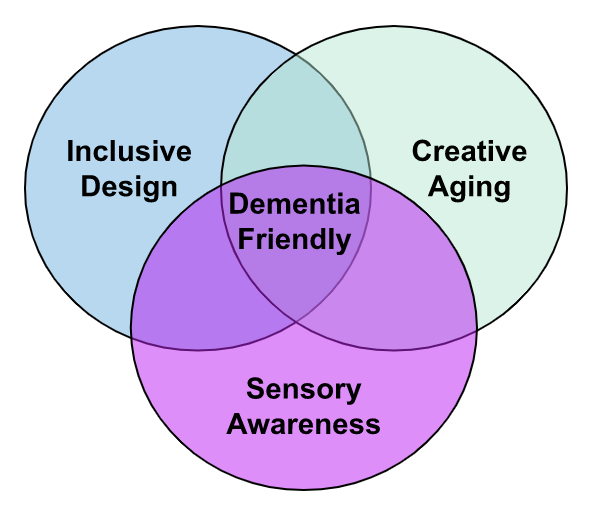
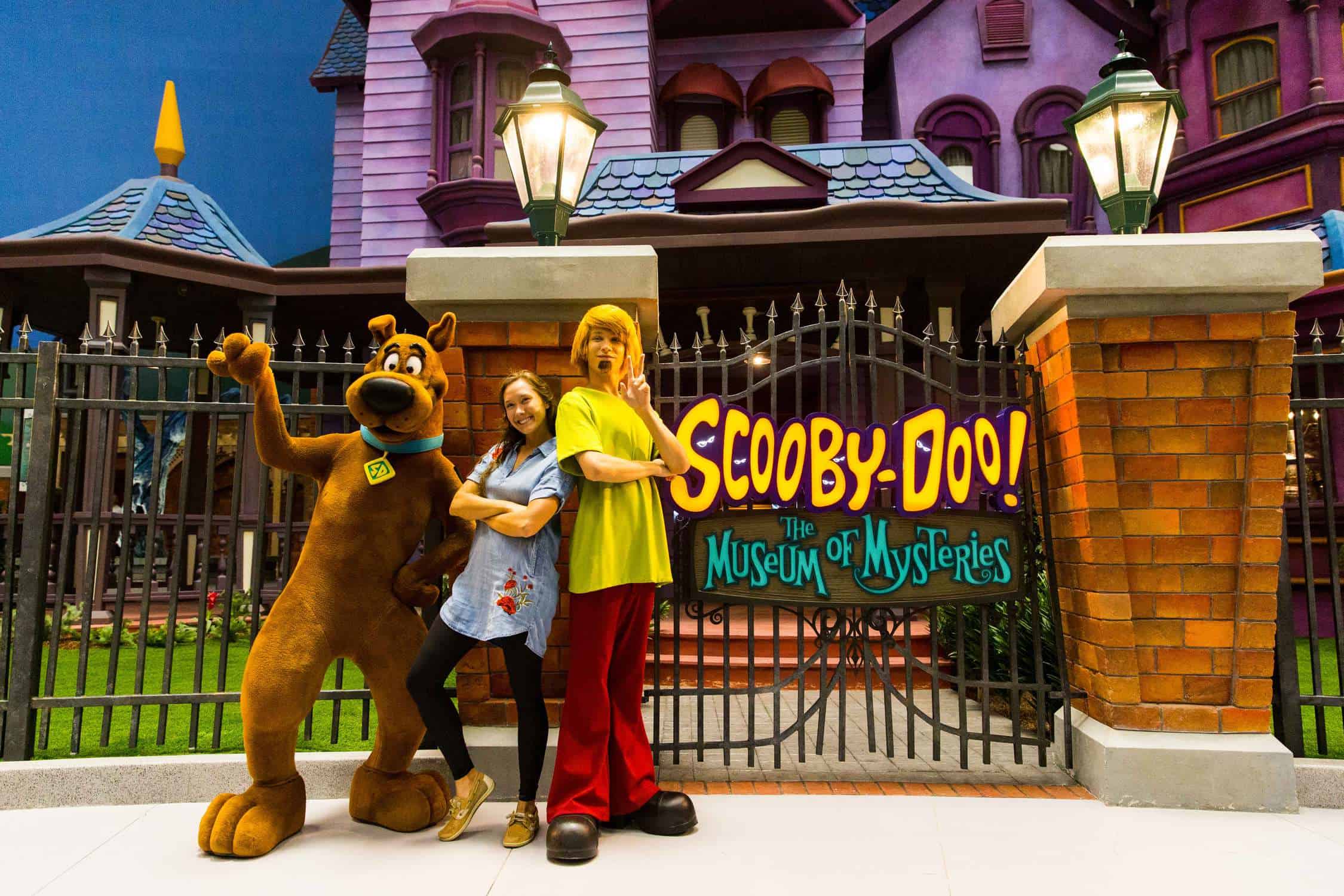
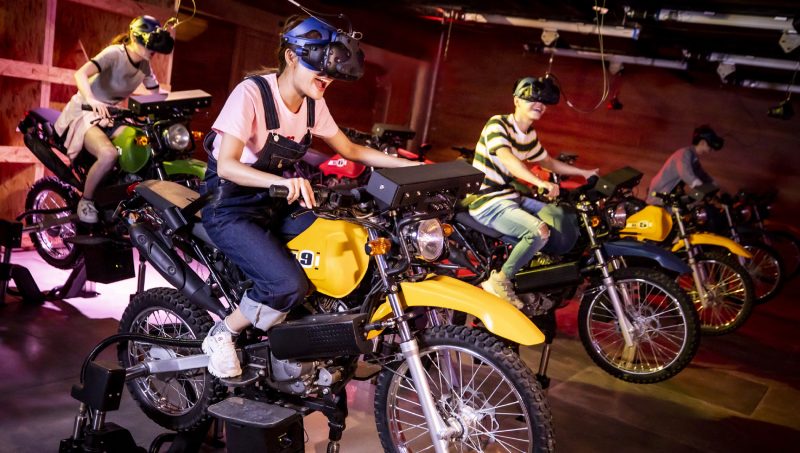 Interactivity is a related concept, except it puts the agency of determining variability into the hands of the guests themselves. For
Interactivity is a related concept, except it puts the agency of determining variability into the hands of the guests themselves. For 